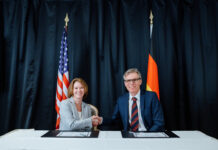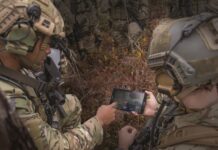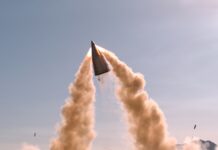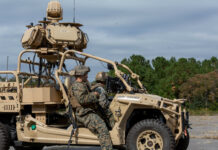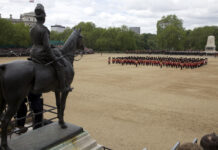Northrop Grumman has opened an office in Taiwan, the US aerospace and defence prime announced on 17 August 2023.
The office, which is located in Taipei, the Taiwanese capital, will be used to accelerate local access to Northrop Grumman’s technologies and to strengthen partnerships with customers and local industry.
As its country lead executive for Taiwan Northrop Grumman has named Fisher Huang, who will be responsible for establishing and executing the company’s market strategy, business development plan and government relations in the country.
“This appointment underscores Northrop Grumman’s long-term strategic commitment to Taiwan and its security,” Stephen O’Bryan, Northrop Grumman’s corporate vice president and global business development officer, was quoted as saying in a company press release. “Fisher’s extensive experience across industry and diplomacy, on top of his distinguished career in the Republic of China Air Force (ROCAF), will serve well as he leads our growth, investment and partnership in Taiwan.”
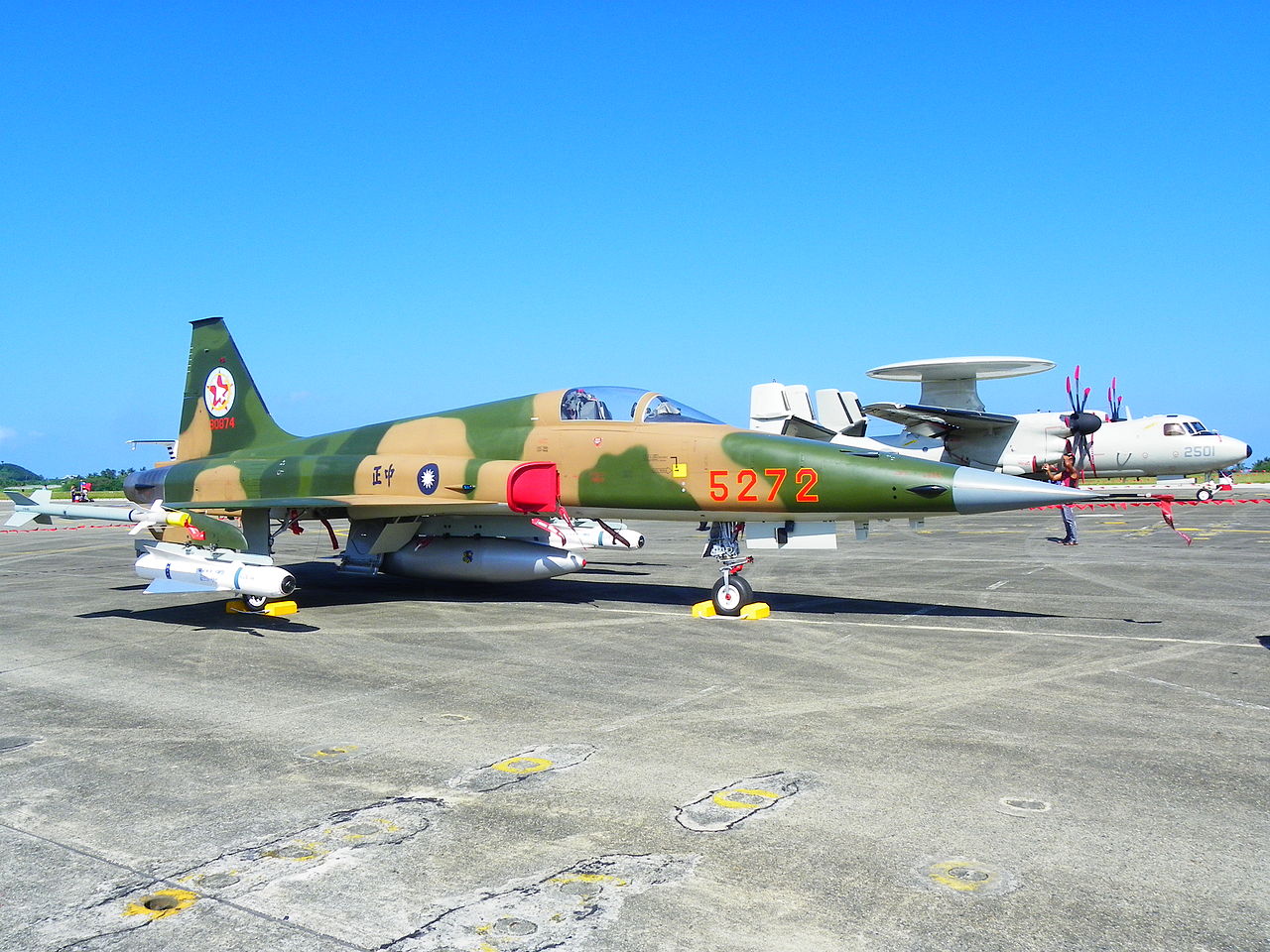
Prior to joining Northrop Grumman, Huang worked for Honeywell Aerospace in Taiwan. Before joining Honeywell, he served as the deputy air force programme manager at the American Institute in Taiwan.
Previously, Huang served for 21 years in the ROCAF across a variety of leadership roles, including a three-year posting to the Taipei Economic & Cultural representative Office in Washington, DC.
Washington’s refusal in the 1980s to sell modern fighters to Taipei (having officially recognised the People’s Republic of China in 1979) led to the development of a strong aerospace and defence industry in Taiwan, increasingly spurred by the threat of enforced reunification from mainland China.
Taiwan thus remains a strong defence market as it tries to maintain capable armed forces that could deter a Chinese invasion.
Peter Felstead




